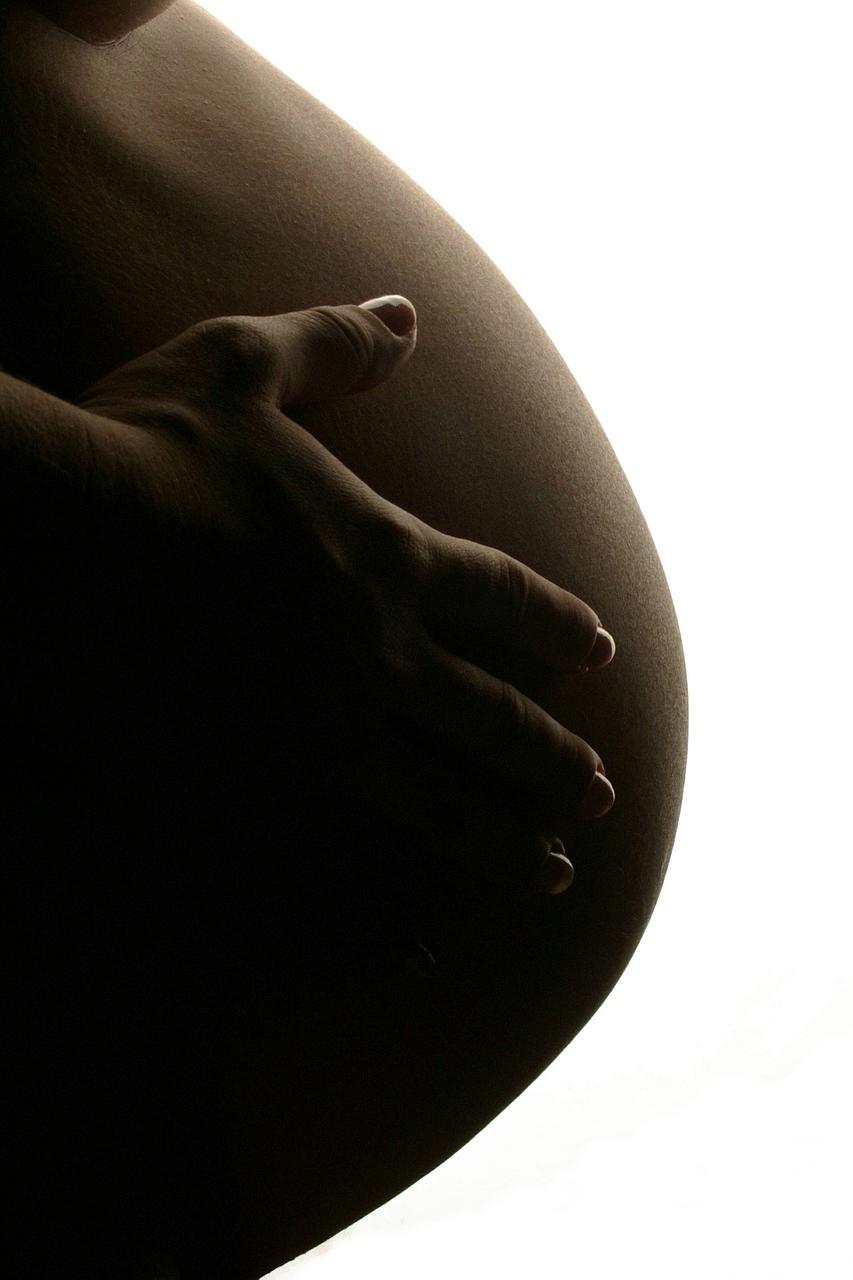When it comes to understanding the difference between ovulation tests and pregnancy tests, it’s important to grasp the distinct purposes they serve in the realm of fertility and conception. Ovulation tests are designed to detect the luteinizing hormone (LH) surge that precedes ovulation, while pregnancy tests are intended to identify the presence of hCG, the hormone produced during pregnancy.
Ovulation tests work by detecting the rise in LH levels in the body, which typically occurs 24-36 hours before ovulation. This surge in LH triggers the release of the mature egg from the ovary, marking the most fertile window in a woman’s menstrual cycle. On the other hand, pregnancy tests detect hCG levels in urine to ascertain whether fertilization and implantation have taken place.
While the two tests operate on different biological mechanisms, some individuals may wonder if ovulation can be utilized as a form of pregnancy test. The answer to this question lies in the distinct hormonal pathways involved in ovulation and pregnancy. Ovulation signals the release of an egg for potential fertilization, whereas pregnancy signifies the successful implantation of a fertilized egg in the uterus.
Attempting to utilize an ovulation test as a means of pregnancy detection may lead to misinterpretation of results and inaccurate conclusions. Ovulation tests are not designed to detect hCG—the hormone crucial for confirming pregnancy—and relying on them for such purposes can yield misleading outcomes.
It’s essential for individuals seeking to determine pregnancy to use a dedicated pregnancy test kit that is specifically calibrated to detect hCG levels in urine. These tests are formulated to provide accurate and reliable results, offering clarity and peace of mind during the early stages of potential pregnancy.
While ovulation tests play a pivotal role in tracking ovulation patterns and identifying fertile windows for conception, they should not be repurposed or substituted for pregnancy tests. Understanding the unique functions of each test and their respective hormonal targets is crucial in making informed decisions regarding fertility, conception, and pregnancy.
Ultimately, when it comes to confirming pregnancy, opting for a reliable pregnancy test that is designed to detect hCG levels is the recommended course of action. These tests are optimized to provide accurate results and eliminate any uncertainty surrounding the presence of pregnancy hormones in the body.
In conclusion, while ovulation tests and pregnancy tests serve distinct purposes in the journey towards conception and pregnancy, it is important to refrain from interchanging or conflating their roles. Utilizing the appropriate test for each stage—ovulation tests for tracking fertility windows and pregnancy tests for confirming pregnancy—ensures clarity, accuracy, and informed decision-making throughout the reproductive process.

